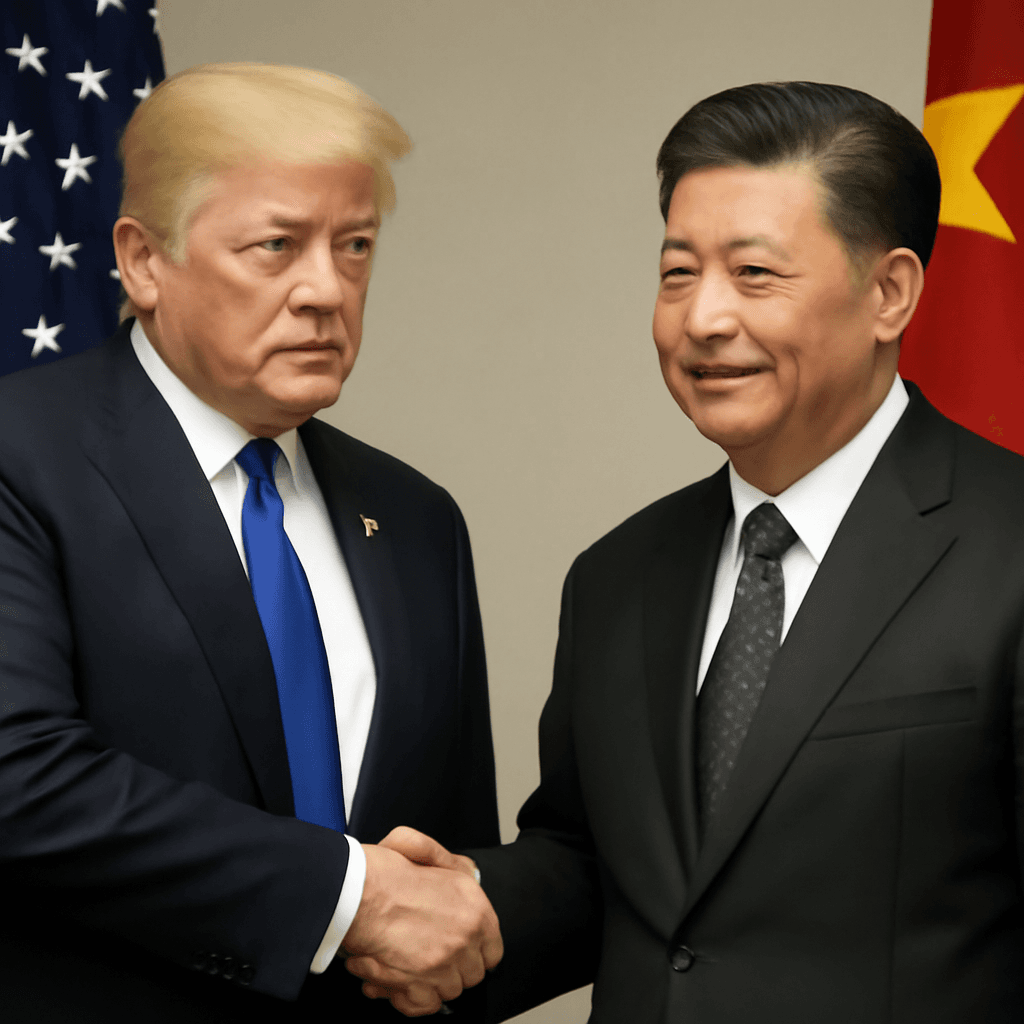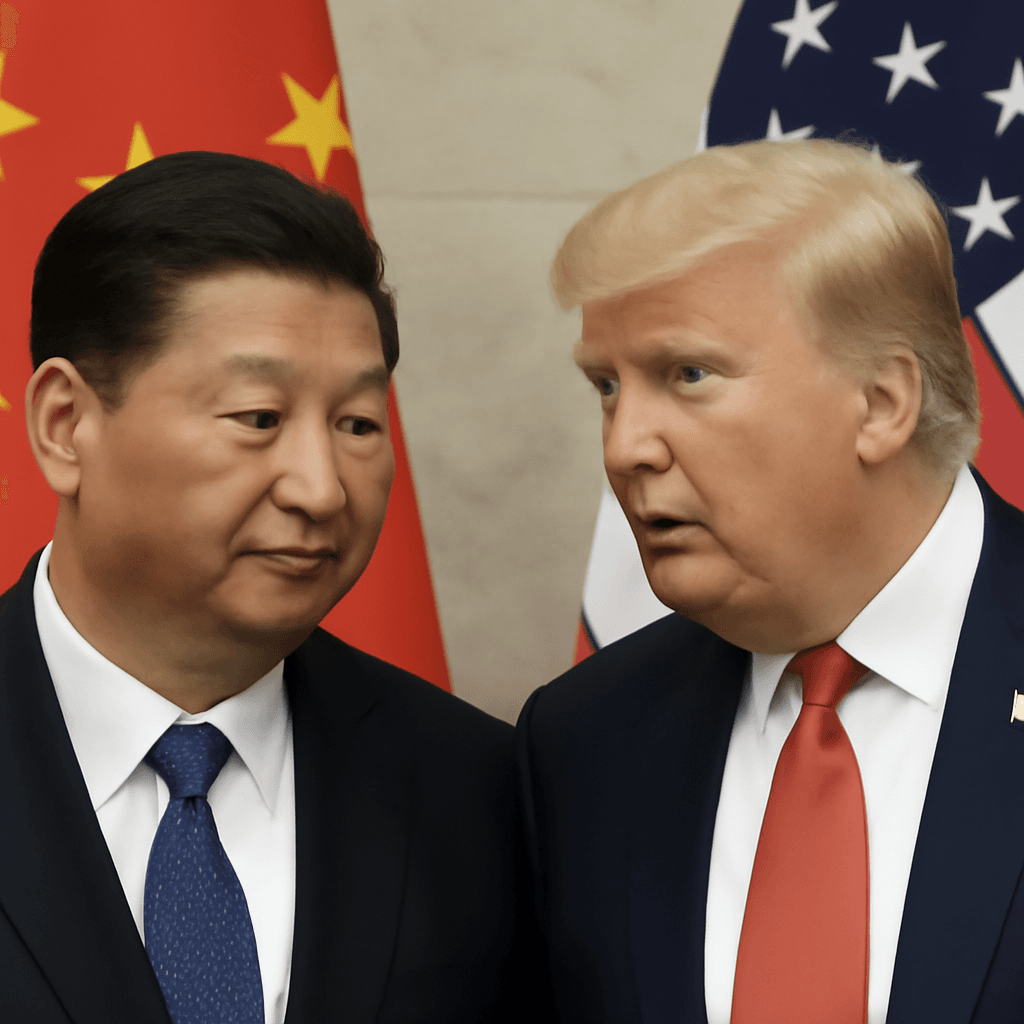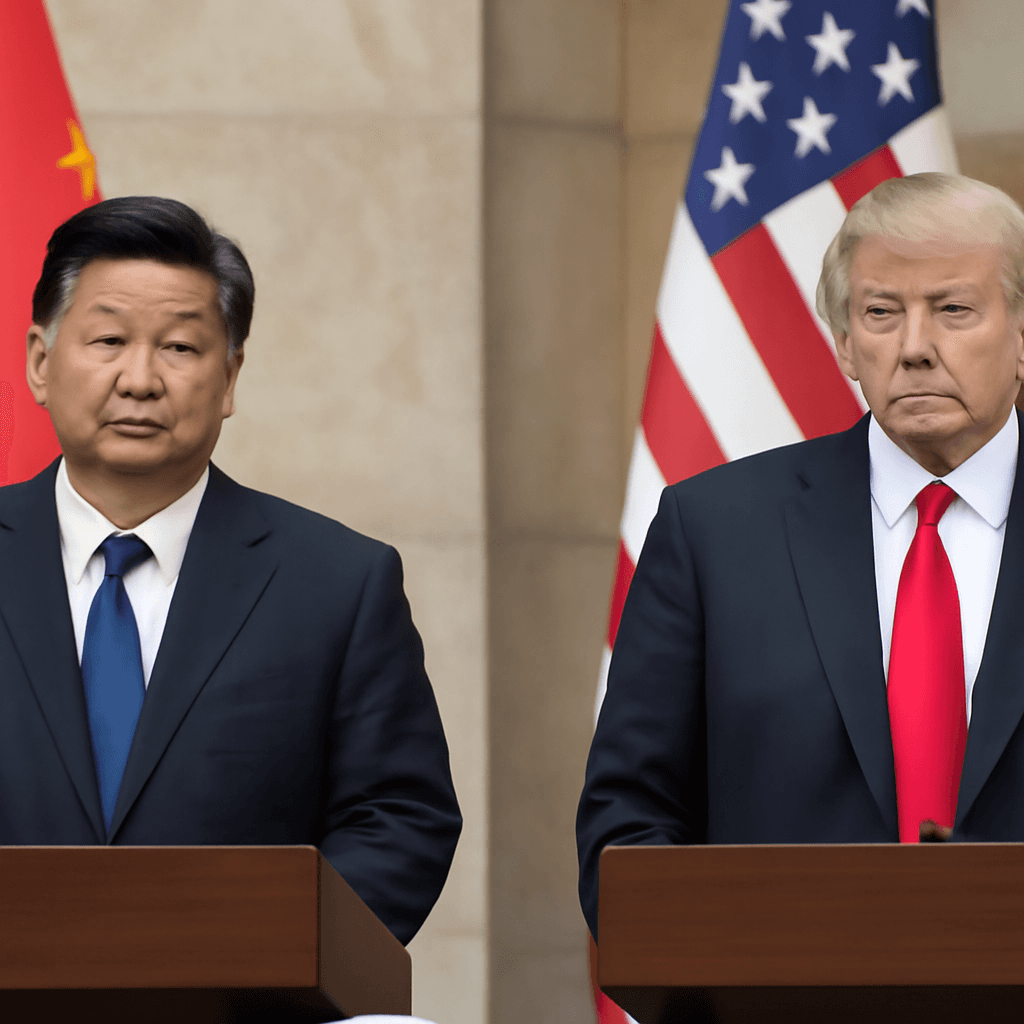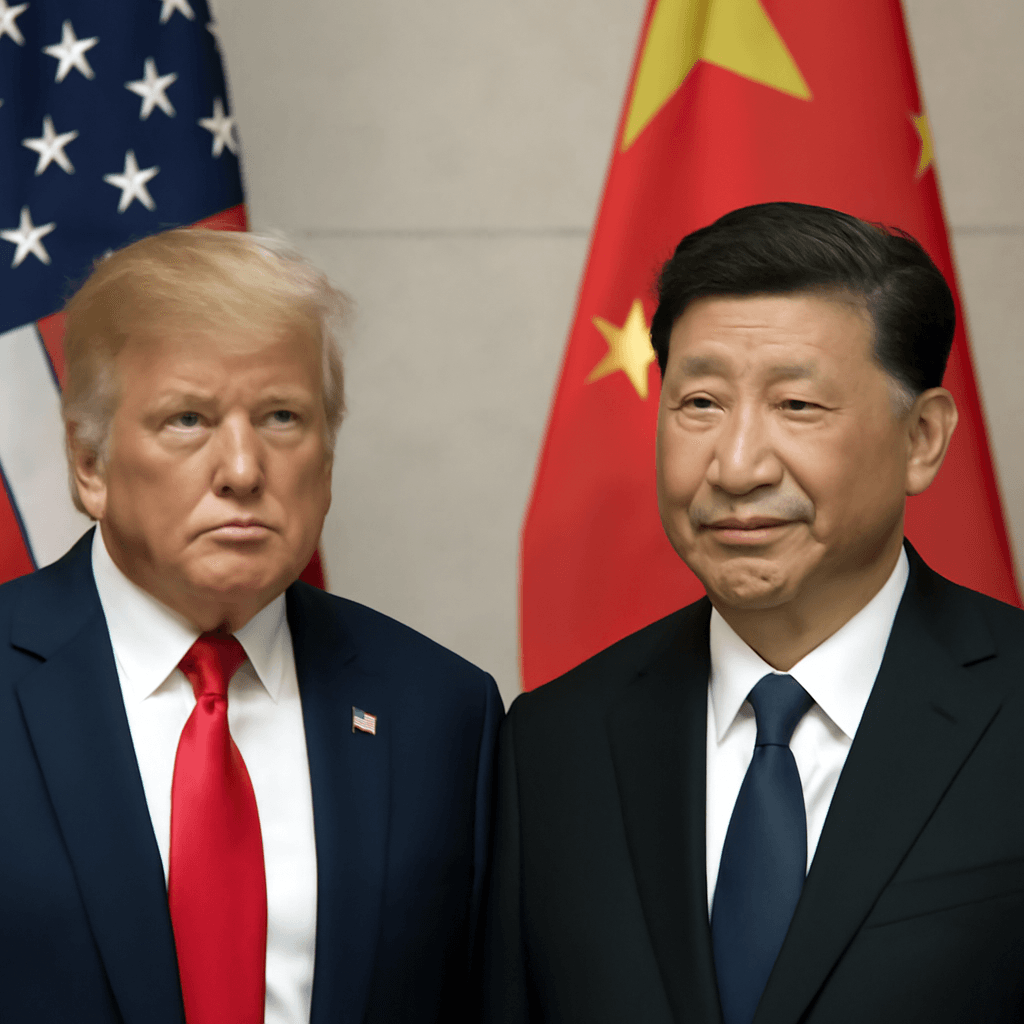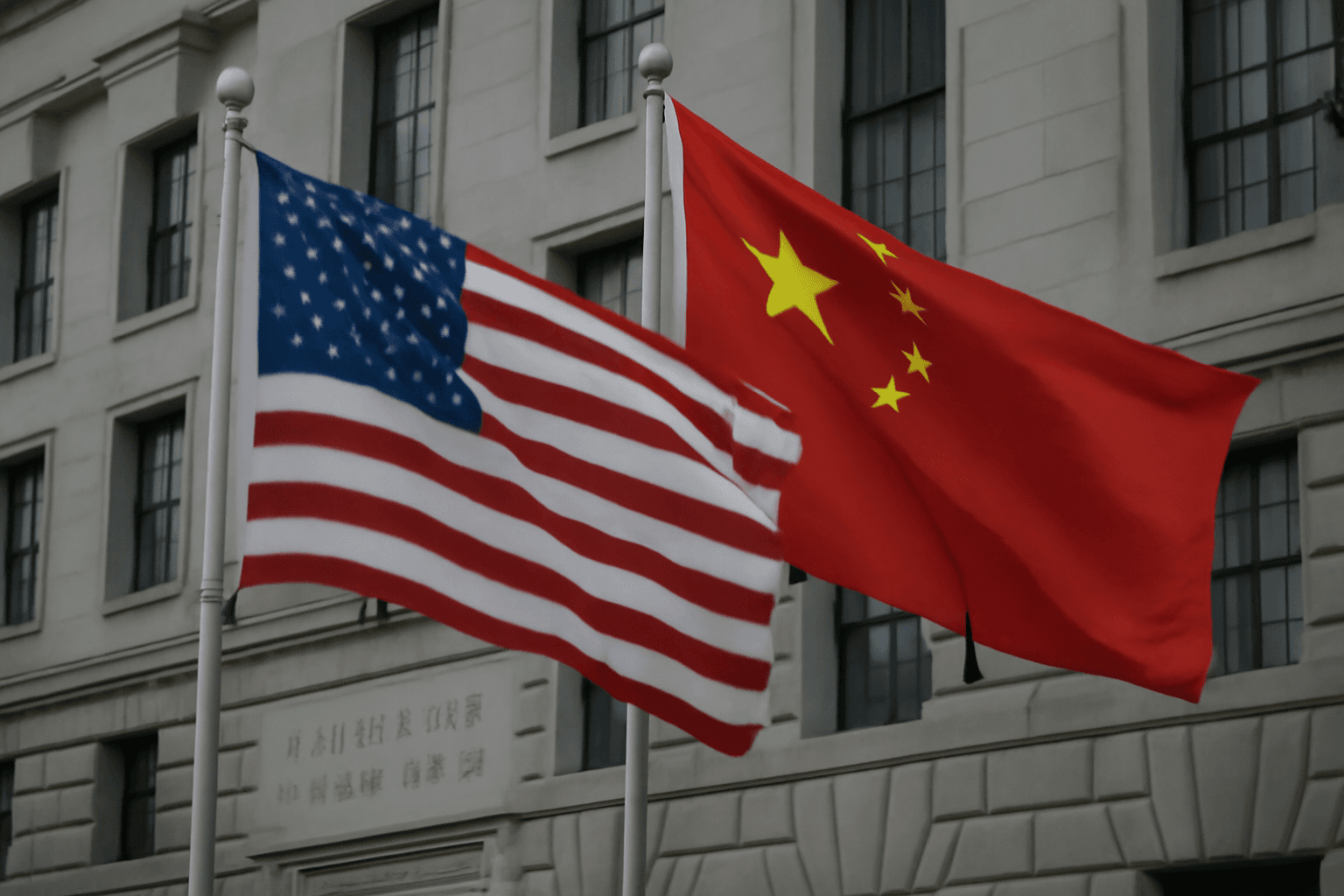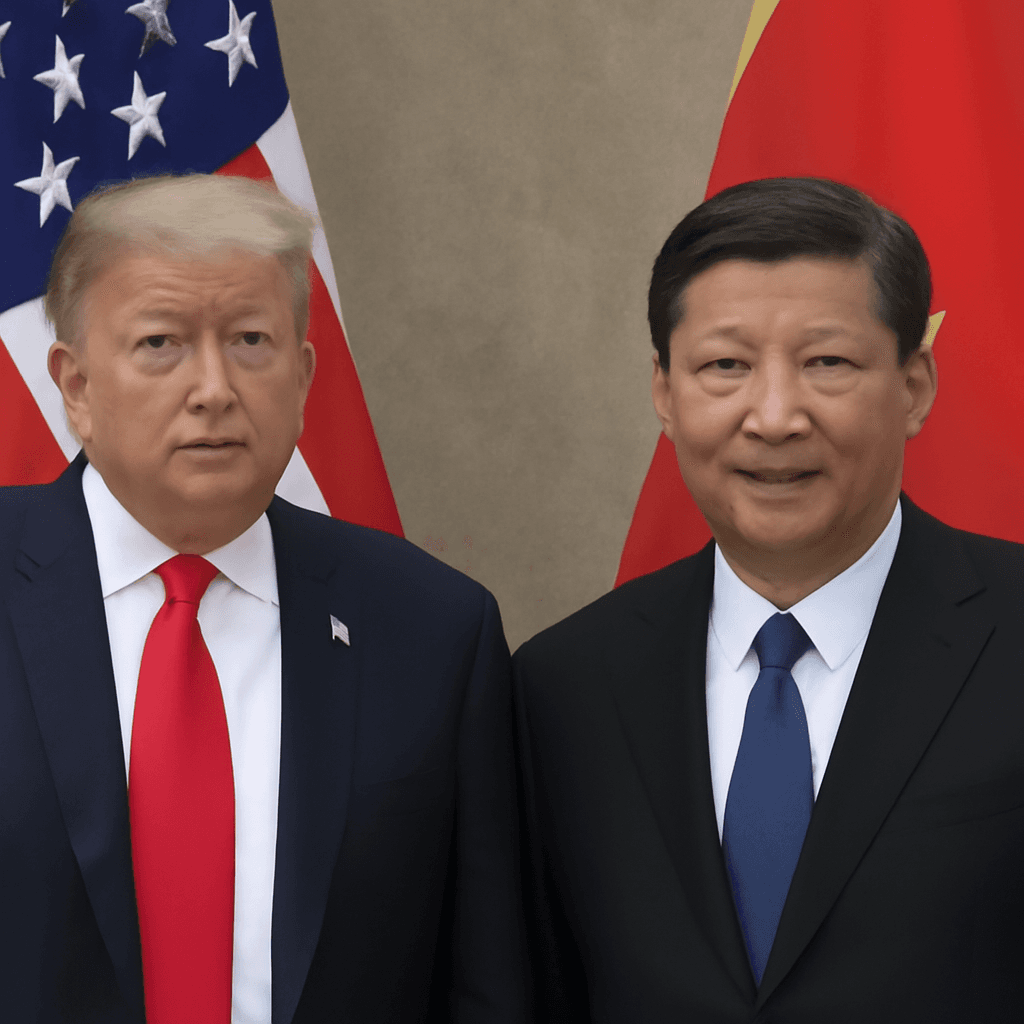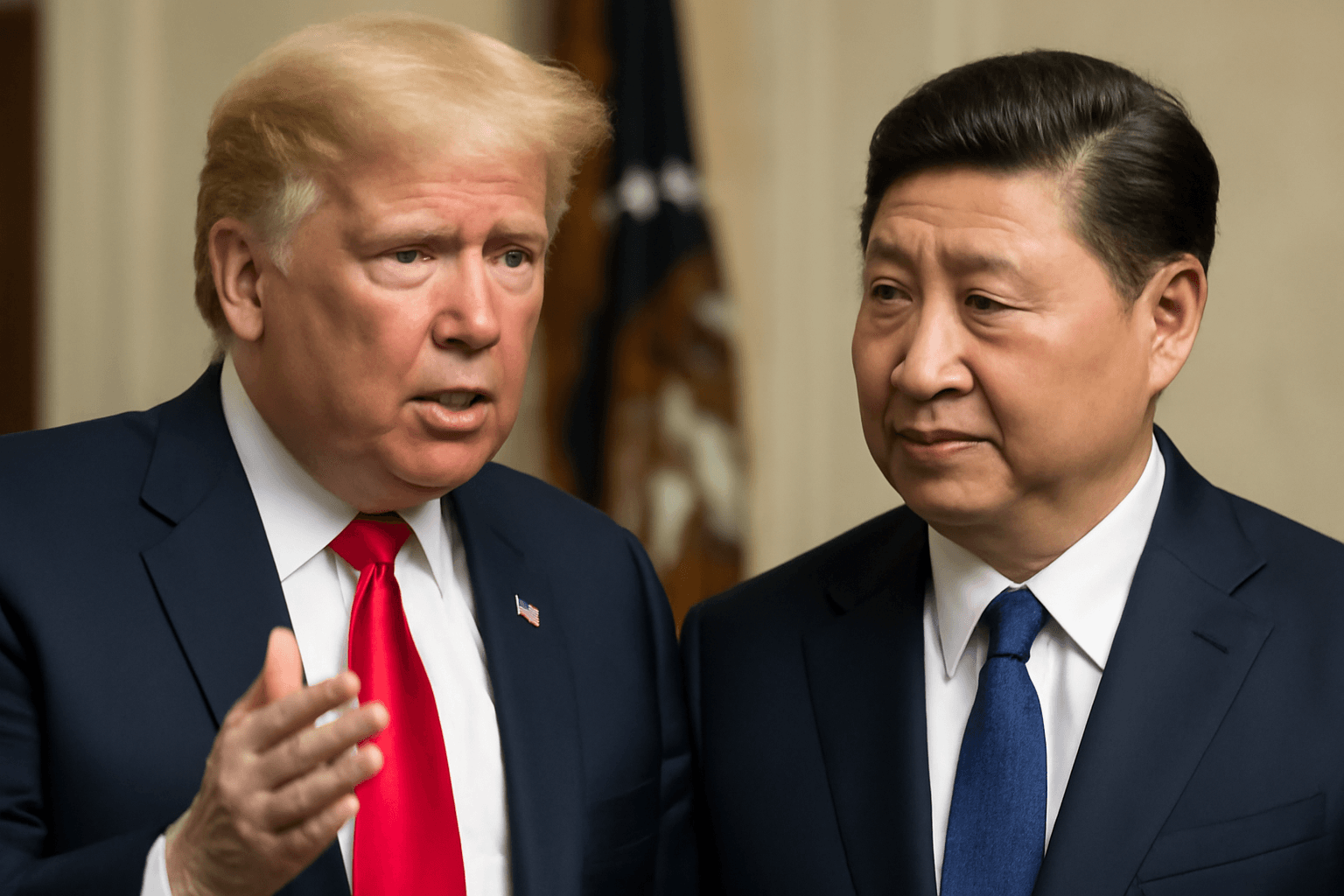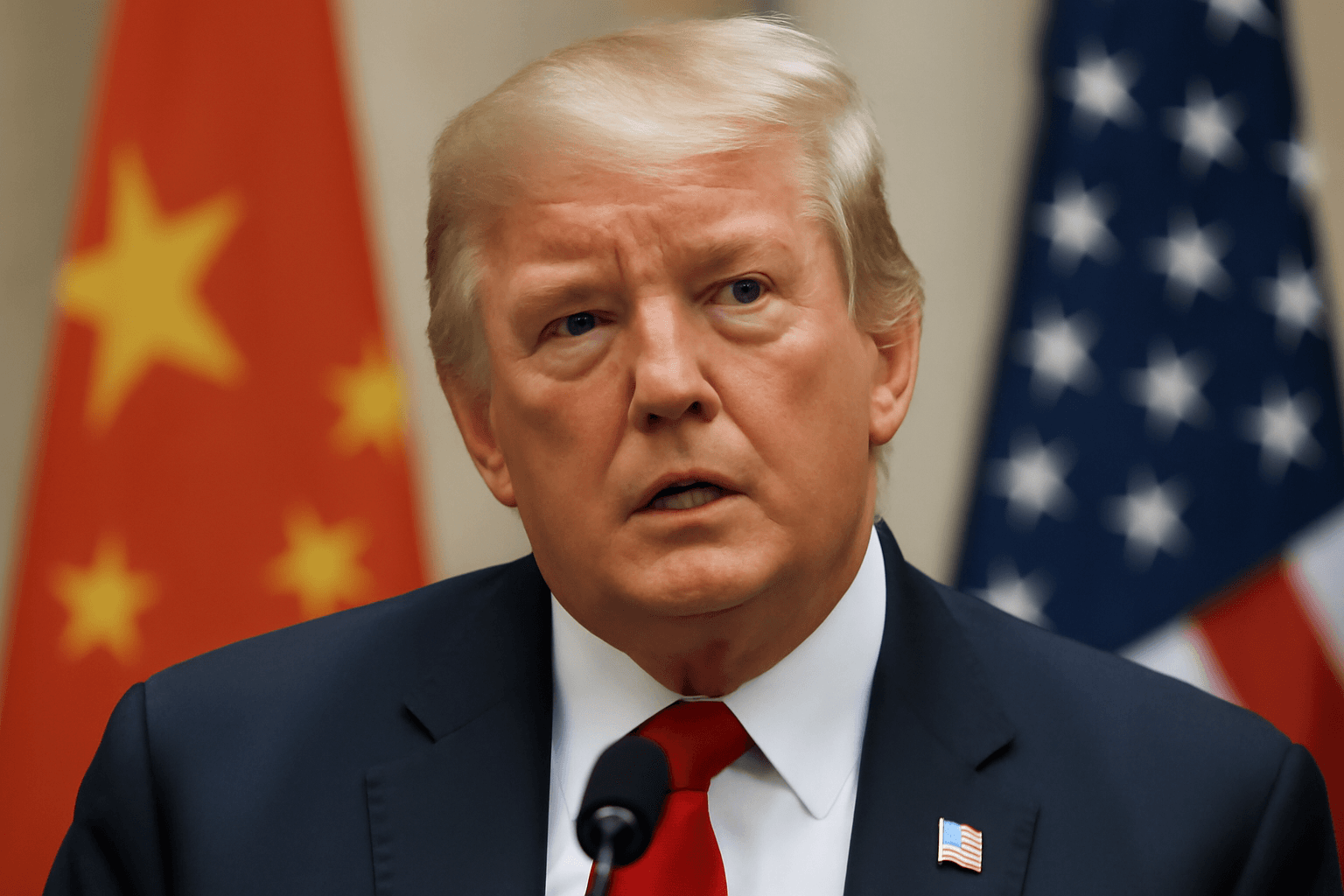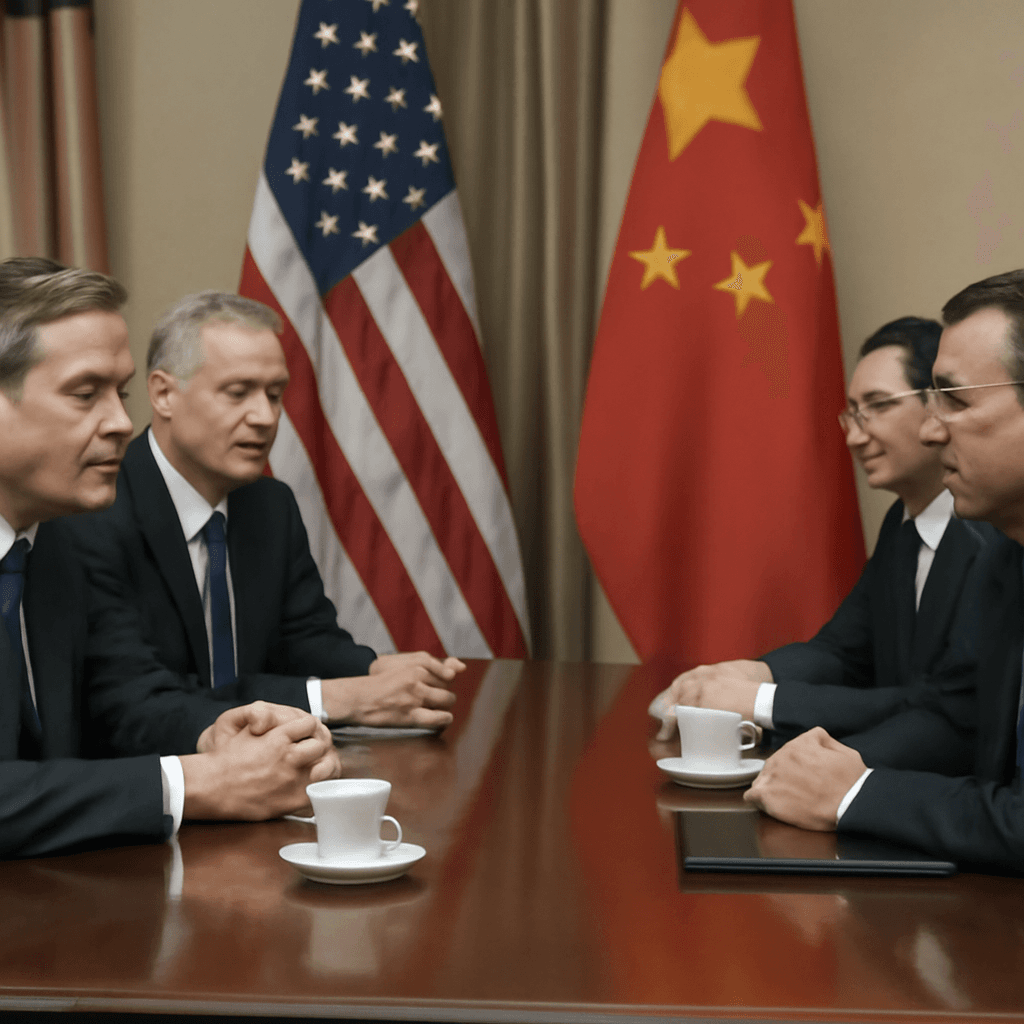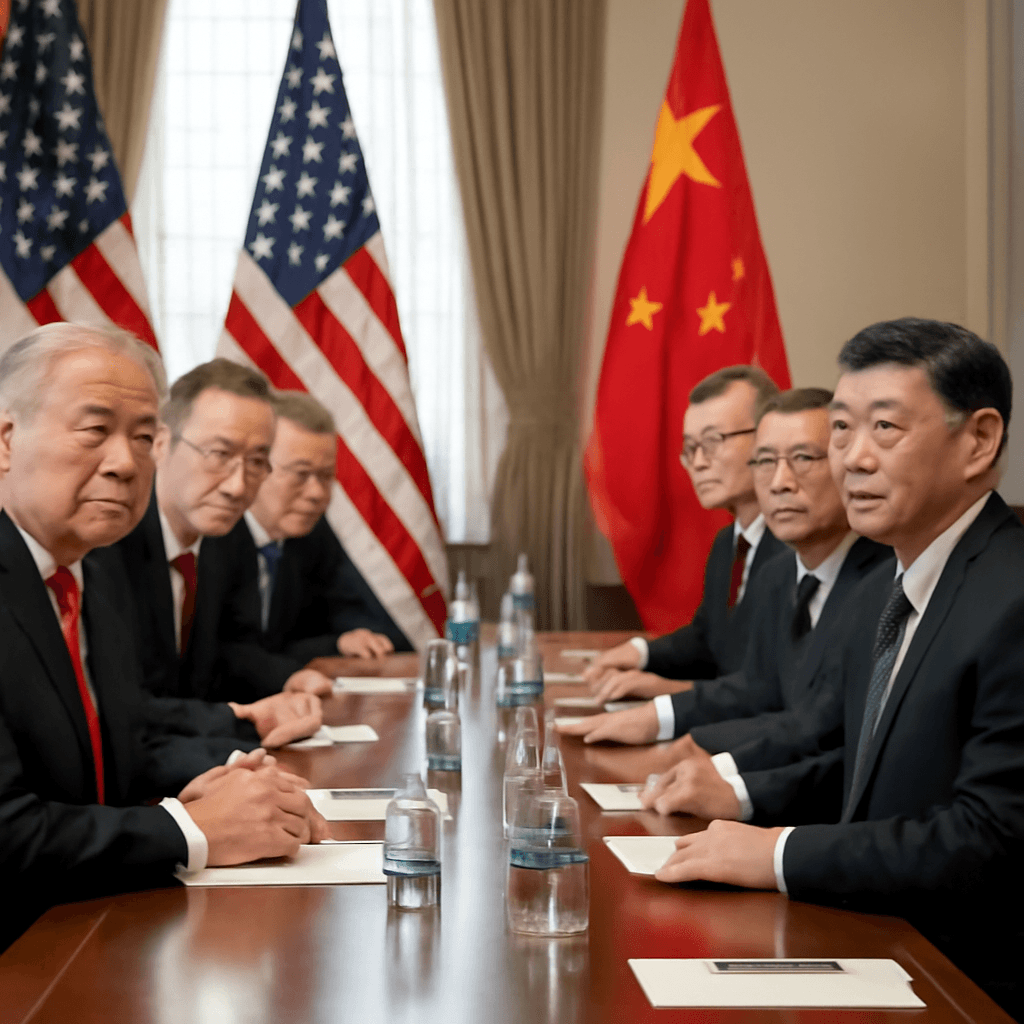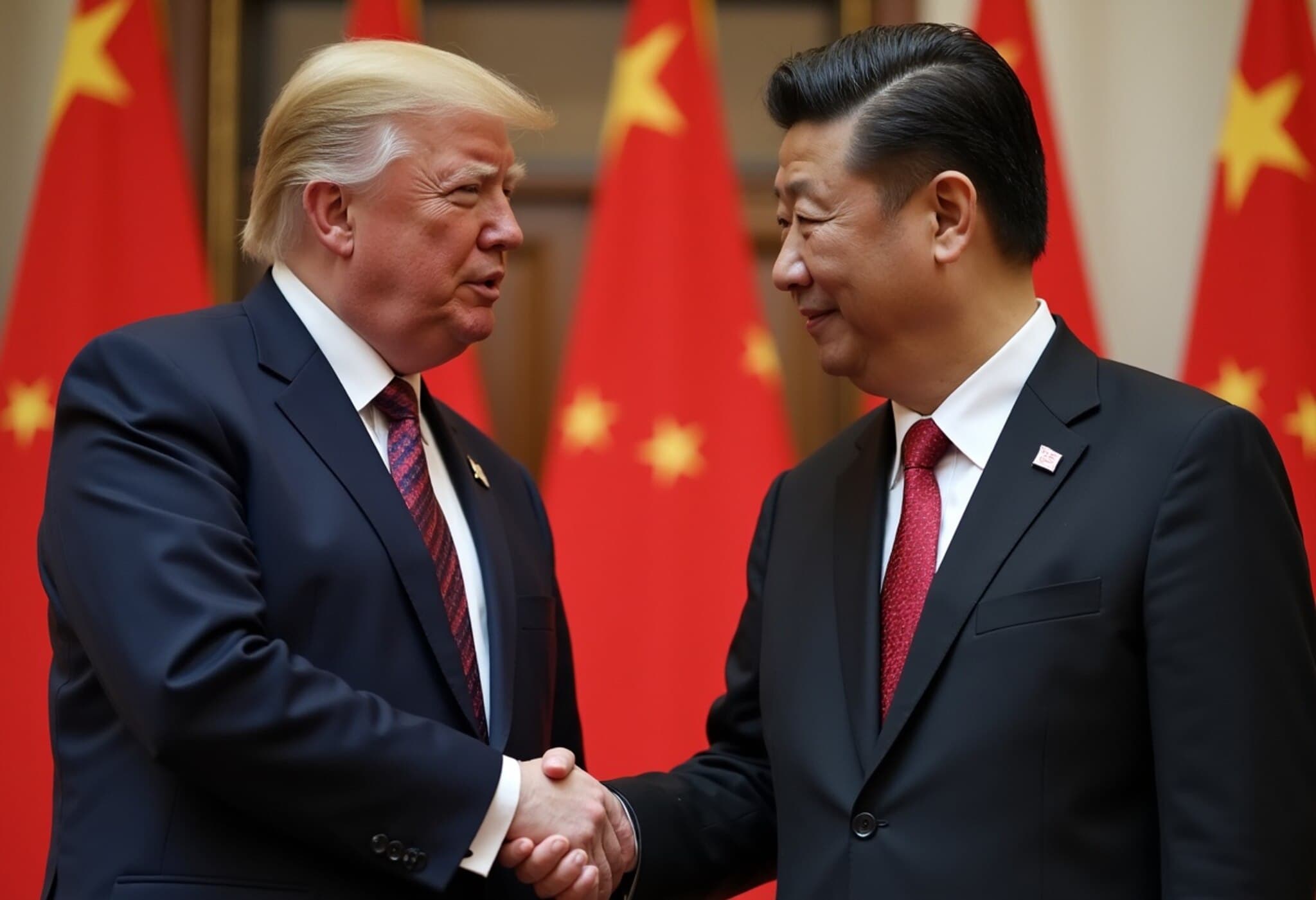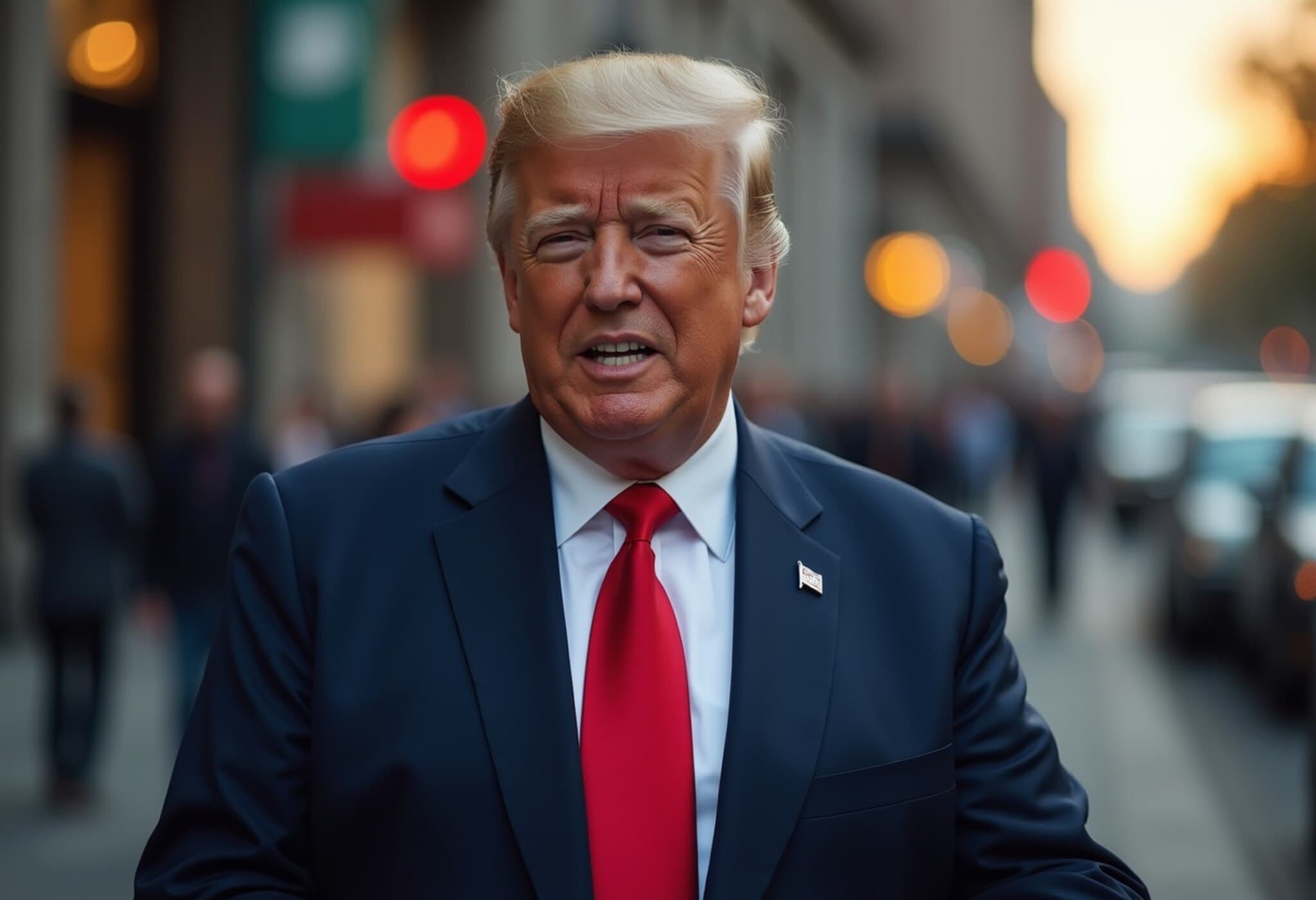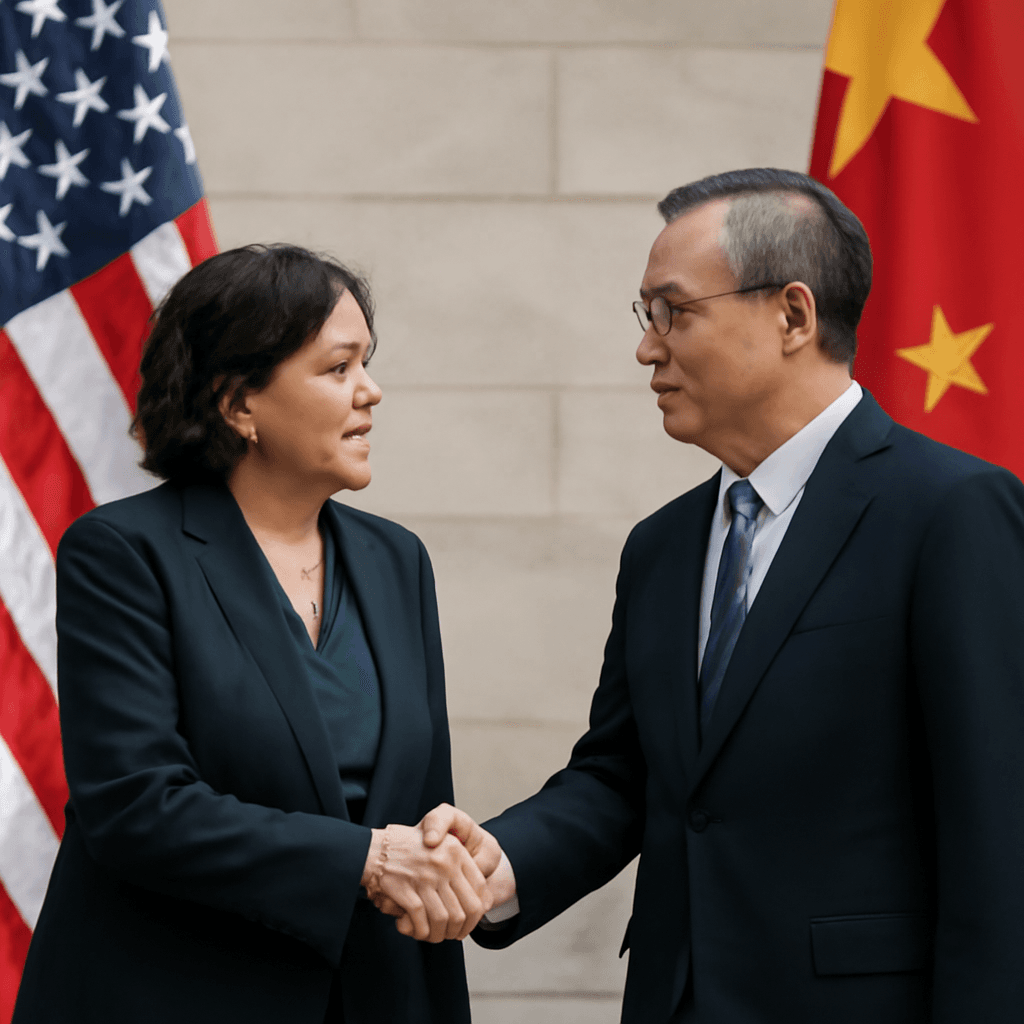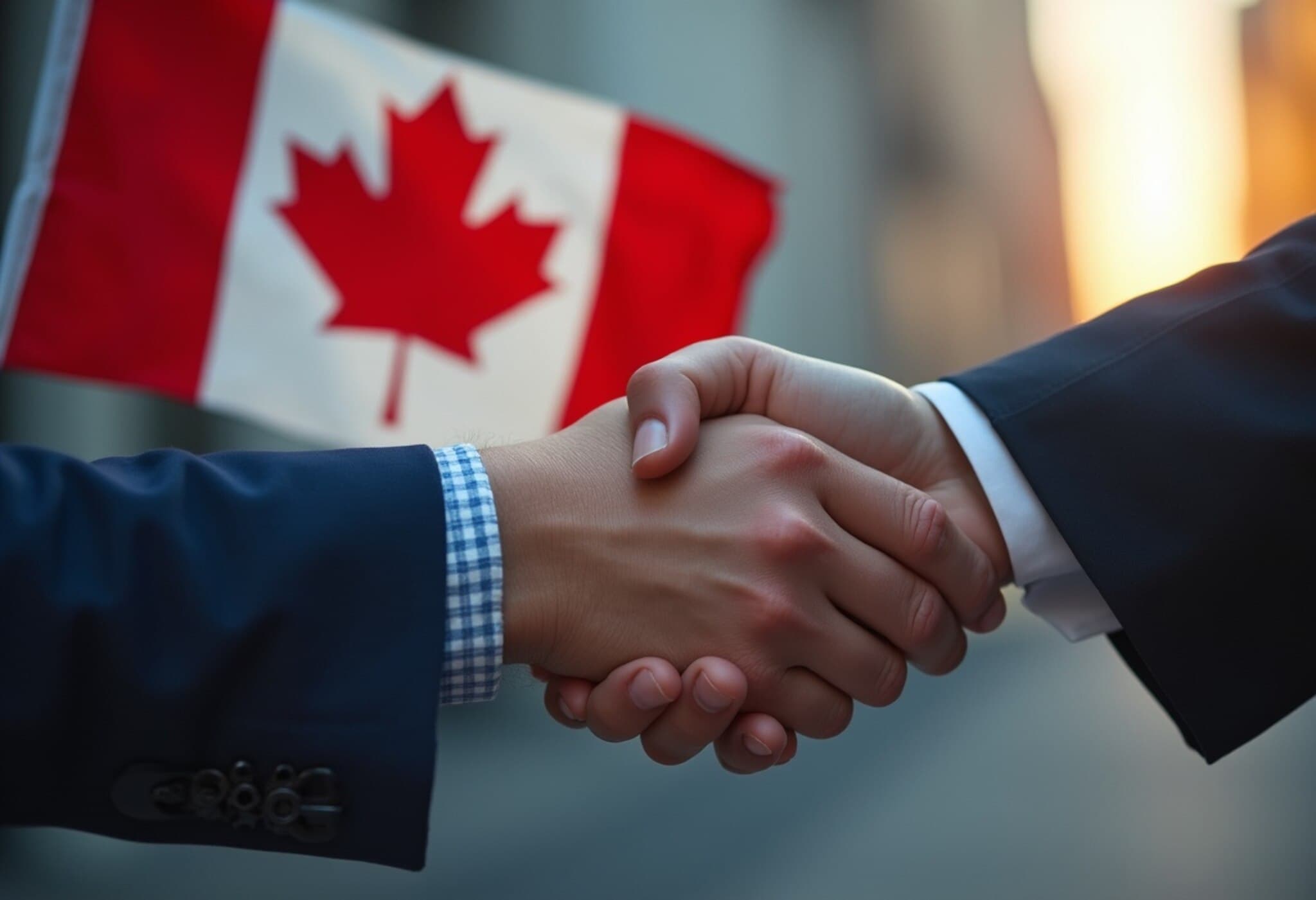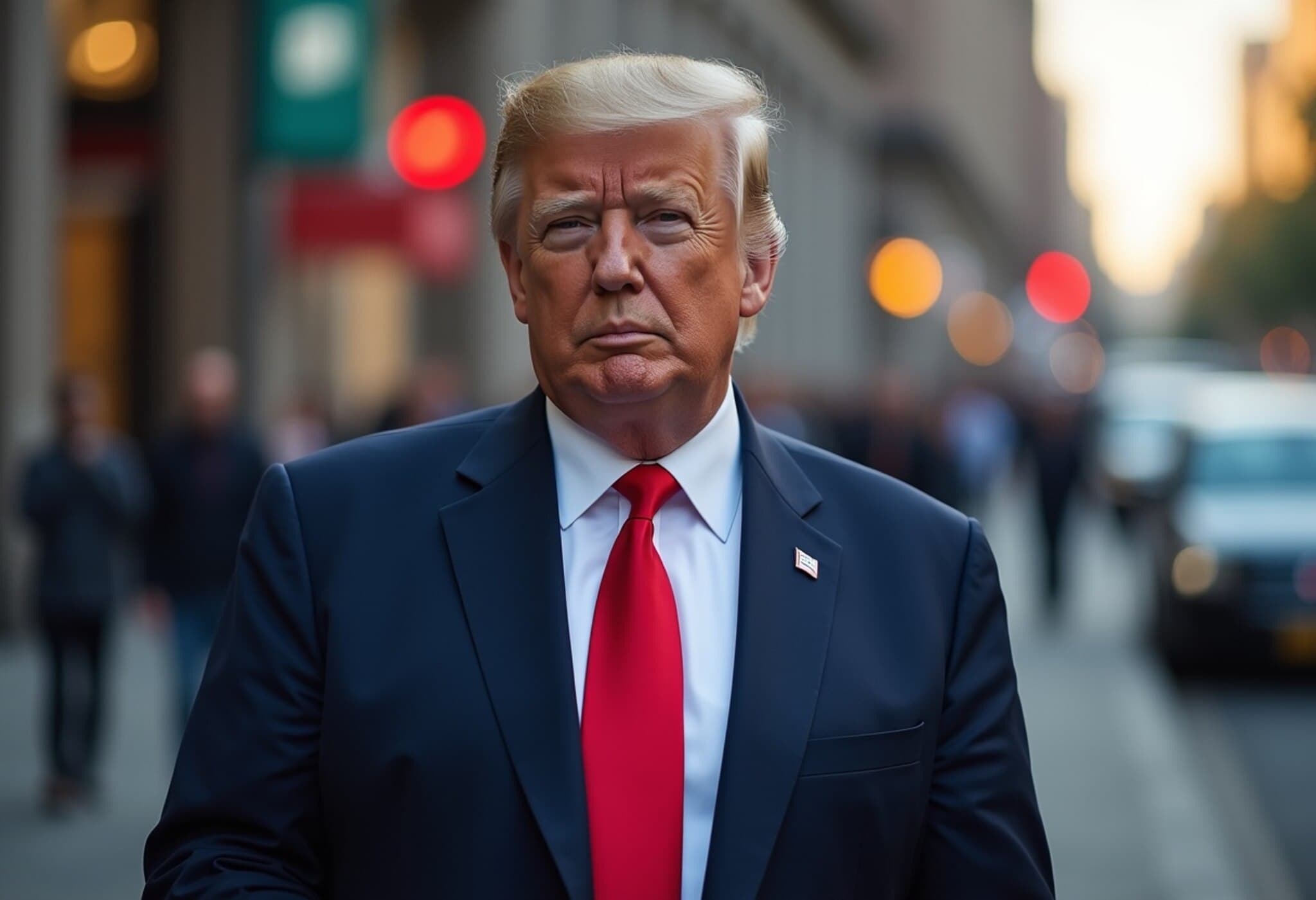US and China Reach Crucial Trade Agreement in London
Following two intensive days of high-level negotiations in London, the United States and China announced they have struck a consensus on a trade framework designed to implement the Geneva trade agreement. This development marks a significant step toward easing tensions between the two economic giants.
Details of the Deal and Next Steps
US Commerce Secretary Howard Lutnick confirmed the breakthrough by stating, "We have reached a framework to implement the Geneva consensus and the call between the two presidents." Chinese Vice Minister of Commerce, Li Chenggang, echoed this sentiment, highlighting that the talks helped build bilateral trust.
The agreement now awaits approval from President Donald Trump and President Xi Jinping. Upon their endorsement, the framework will be put into action. Lutnick and US Trade Representative Jamieson Greer are expected to return to Washington to seek this final authorization.
Context: From Geneva Agreement to London Talks
This latest arrangement follows a mid-May agreement reached in Switzerland, where both nations paused the imposition of new tariffs for a 90-day period. That deal also included a rollback of certain trade restrictions that had escalated tensions earlier in the year.
In a recent call between the two presidents, both sides committed to stabilizing a relationship that had been strained by accusations of Geneva agreement violations and reciprocal tariff hikes.
Key Components: Rare-Earth Exports and Technology Sales
One of the fundamental elements of the framework is the resolution of Chinese restrictions on rare-earth exports to the US. Lutnick emphasized that resolving this issue is central to moving forward. In tandem, the US is anticipating a rollback of recent restrictions on advanced technology sales to China as Beijing permits renewed rare-earth exports.
Reactions and Additional Diplomatic Moves
While US officials were promptly forthcoming about the agreement, Beijing's official media offered only a subdued acknowledgment shortly after the announcement, focusing instead on building mutual trust rather than providing detailed coverage.
Contributing to the negotiations were prominent figures such as Chinese Vice Premier He Lifeng and Minister of Commerce Wang Wentao, who participated actively throughout the week’s discussions.
Additionally, US Treasury Secretary Scott Bessent announced his return to the US, where he is scheduled to testify before Congress, signaling ongoing engagement on economic matters.
Looking Ahead
If ratified by both presidents, this framework could stabilize one of the world’s most critical economic relationships, potentially paving the way for eased trade tensions and renewed cooperation.

